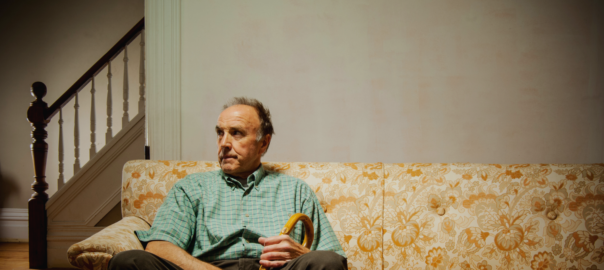House sharing is very popular these days. Why? It’s economical and socially viable for young adults. However, there needs to be a broader understanding of the effects of shared housing on mental health.
The Study on House Sharing & Mental Health
A survey was conducted in Seoul, Korea, wherein 834 young, single adults living in shared houses and non-shared housing participated. The study found two results. The first one is that those in shared housing have a more positive attitude and show improvements in their mental health. Next, young adults that were forced to live in shared housing are more at risk of social dysfunction.
Health Benefits of Shared Housing
Living in shared housing can potentially improve your mental health if you have a positive mindset. A positive mindset can affect our physical and mental health. Some of the health benefits include:
- A sense of social support that can help reduce depression and anxiety
- Networking and more opportunities to form new relationships
- Better acclimatization to the outside world
- Learning social skills
- Learning to live with other people
- Learning to share, compromise and communicate
- Learning time management and self-discipline
On the other hand, living in shared housing can also be a risk factor for mental health if you have a negative attitude. More specifically, it can be a risk factor for social dysfunction. Some of the negative attitude risks include:
- Hostility, aggression, and anti-social behavior
- Less social support
- Lack of interest in social activities
- More conflict with your housemates
The Importance of Being Okay with Shared Housing
Living with other people can be a good thing if that’s what you want. Therefore, it all comes down to your preferences and how you view them.
The following are some positive ways to look at shared housing:
- Shared housing is a stepping stone to success
- You learn to live with other people and be more understanding
- You have more freedom to do what you want when you want
- You can save money and have more disposable income
- You get to learn to compromise and live with other people
- Shared housing is fun
- You learn to appreciate other people
- You get a new perspective on life
One of the most important things to keep in mind is that shared housing is not for everyone. It’s for people that don’t want to live alone. If you prefer to live alone, it’s much better to be honest about it and move on.
As long as you have a positive attitude, living in shared housing should be beneficial to your health.
How to Find Shared Housing in the US
When looking for shared housing, consider the following:
- Make sure you have a private room
- Ask to see the room before committing
- Have a roommate agreement
- Look for an affordable place
- Use social media and online forums to research the house and surrounding area
- Ask the landlord if you can get a picture of the surrounding area
Share a Living Space Today
Overall, shared housing is the best option for young adults because it gives them the benefit of living on their own without the financial burden that comes with it and the burden of other adult responsibilities. It allows young adults to learn to interact with people from all walks of life.
Are you looking for room sharing in Stanislaus County, CA and Modesto, CA? Stayhaven Homes offers affordable and specialized housing. Get started now!



